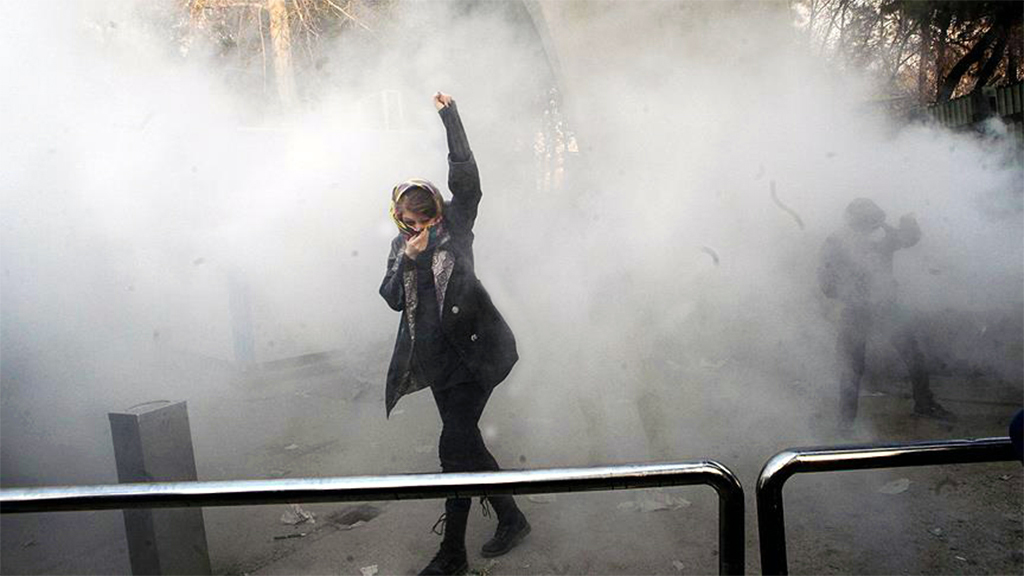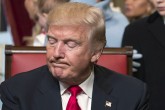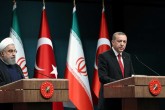The Middle East region entered 2018 with much excitement. Street protests in Iran and the rising tide of rebellion there are among the top matters on the world’s agenda. When looking at Iran now, the most repeated question is whether the street protests going on will lead to an administrative change and even a regime change, or whether they will end up strengthening the current administration and regime.
Another question: Would the open support given by U.S. President Donald Trump to the protests strengthen this wave or weaken it? And another question: Evaluated as the 21st century’s most influential political engineering, has the method of “effecting administrative change through street protests” reached its sell-by date?
Let me begin from the end. With the reversal of the Arab revolutions, the method of effecting administrative change in the Middle East through street protests began to lose its usefulness. Present administrations in the Middle East began to fight against this method, and where required, dominate the streets through their own supporters. This situation is highly valid for Iran. The fact that these street protests copy the same methods and that they benefit from the same type of protest culture and tools create an opposing political awareness among the public.
Today, the same methods that were used during the Gezi protests in Turkey are being used in Iran. Despite support from Western media organizations, there is no concrete political gain from these methods. It is apparent that this method of political engineering has lost its effectiveness for the Middle East. President Trump’s message of “time for change in Iran” immediately on the heels of the protests will create a result that supports the regime, not the protestors and the wave of rebellion in general. Despite Trump’s characterization of North Korea and Iran as “rogue states” in the National Security Strategy, and his additional depiction of Iran as a terrorist-supporting actor that is working to destroy the U.S., the messages he sent out over social media have criminalized the Iranian street protests in the eye of the Iranian public.
This is one of the most concrete results of rising anti-Americanism in the Middle East and the world: the loss of the U.S.’s past capacity to effect change through force. I do not come to this observation from a normative viewpoint. This might be a good thing for some and a bad thing for others. But what is clear is that this is the cost that has been created by the wrong steps taken by the U.S. in connection with its crisis of hegemony. But, despite all this, can the street protests in Iran bring about administrative change? Or regime change? If you ask me, I would say that this is not easy at all. At least in the current circumstances, it has no chance of happening. Quite the contrary, following these protests, it seems unavoidable for the regime to become even harsher to solidify itself and to take precautions to avoid such uprisings ever happening again. Moreover, following the suppression of these uprisings, the conservative wing within the regime will likely become even stronger.
If such a thing were to occur, how would it reflect on Iran’s regional policy? Would Iran isolate itself, or intervene even more in its neighboring area? At this point I think that Iran will work to fortify its domestic politics and economy and look for ways to limit its foreign operations following the suppression of uprisings. However, this will not mean Iran’s immediate withdrawal from the fronts it has opened abroad. While these fronts are serious economic burdens for Iran, they are also regarded as extremely important geopolitical gains. Iran’s relations with Russia and China will also appear as an important dynamic at this point. During a period of global process where the world is becoming Eastern, the U.S. acting as the “undisputed leader of the unipolar world” makes things difficult for it. At a point where U.S. President Trump leans towards domestic politics and continues to say America first, this possibility is almost completely removed.
[Daily Sabah, 5 January 2018]



